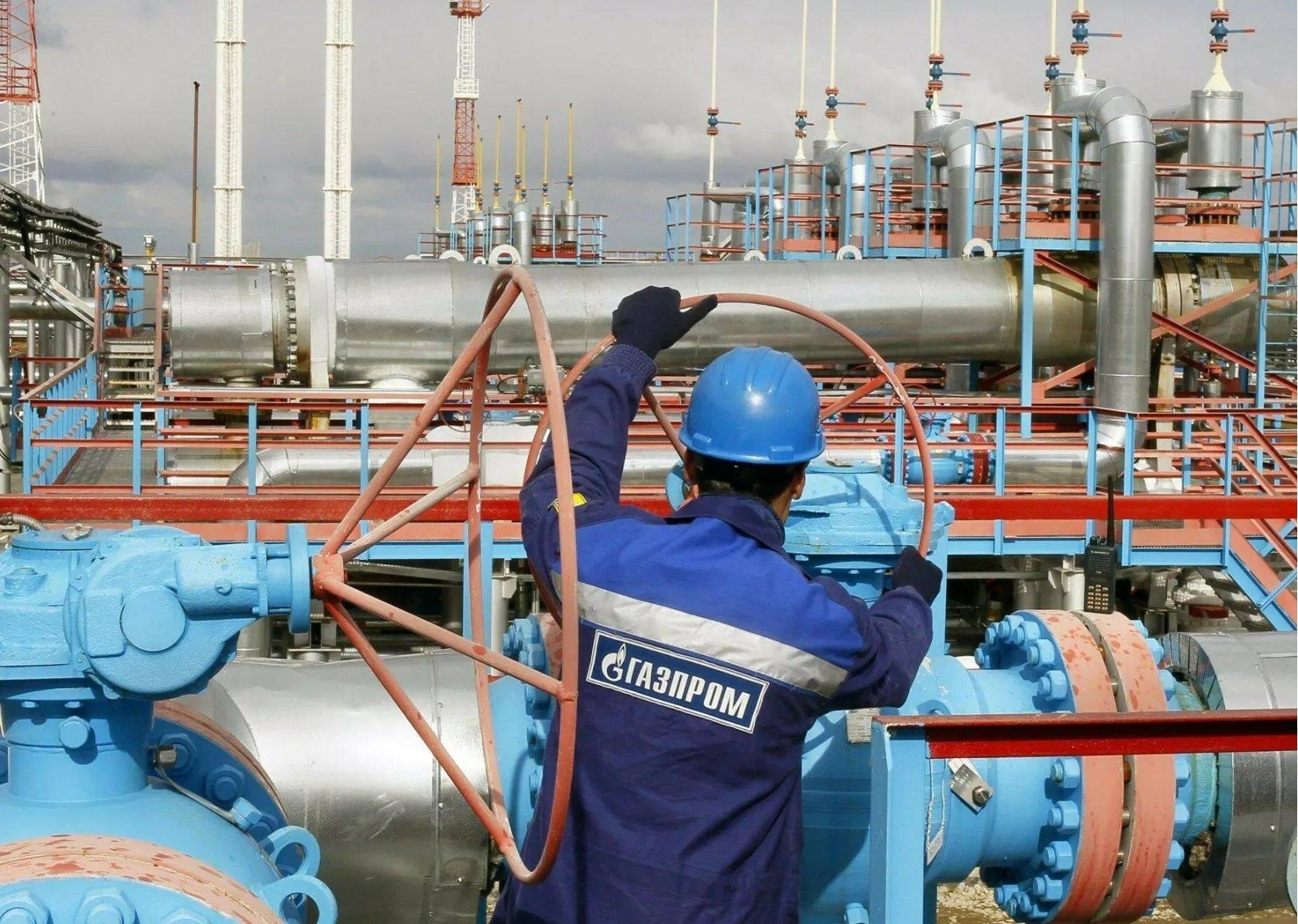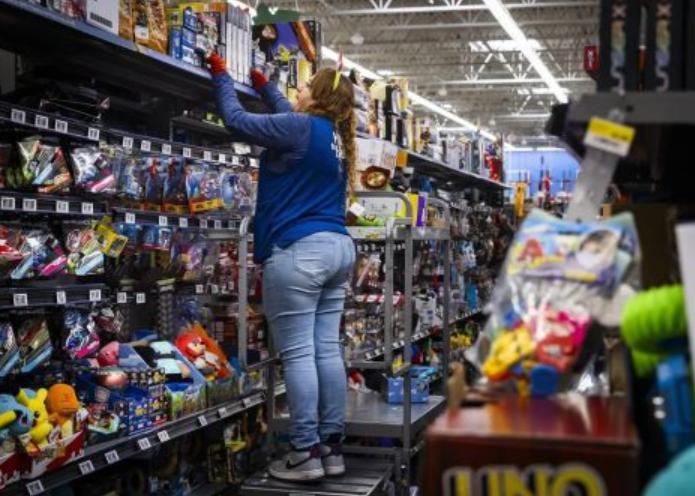
In today's deepening globalization, the interweaving influence of international trade and geopolitics is becoming more and more significant. The recent EU import ban on liquefied petroleum gas (LPG) from Russia has undoubtedly caused a stir in the international energy market. The ban not only profoundly changed the pattern of Russian LPG exports, but also had a profound impact on the EU's own energy security and commercial interests.
The EU sanctions on Russian liquefied petroleum gas (LPG) are part of the 14th round of sanctions Brussels has imposed on Russia. The sanctions stem from the conflict between Russia and Ukraine, where the EU is trying to put economic pressure on Russia to curb its ability to continue funding the war. Liquefied petroleum gas (LPG) is an important part of Russia's energy exports, and although it accounts for a small percentage of the EU's energy consumption (only 5% in 2023), it could generate about $800 million a year in revenue for the Kremlin. Therefore, the imposition of sanctions on LPG is seen as one of the effective means to hurt the Russian economy and weaken its war potential.
However, it is worth noting that the EU sanctions do not directly ban Russian LNG imports to the EU, but rather take a more sophisticated approach. Specifically, the sanctions will prevent EU countries from re-exporting Russian LNG after receiving it and prohibit the EU from participating in upcoming LNG projects in Russia. In addition, the EU has proposed a ban on the use of its ports, finance and services to re-export Russian LNG, which will undoubtedly force Russia to overhaul its LNG export model.
Russia's domestic LPG market reacted quickly after the sanctions came into effect. In just 20 months, the price of LPG in Russia has been cut in half. This change not only reflects the adjustment of supply and demand in the Russian domestic market, but also reflects Russia's coping strategy in the face of external sanctions.
From an export perspective, Russia originally supplied liquefied natural gas to Asia through Europe, and European countries such as Spain, Belgium and France were important transshipment hubs. However, as EU sanctions took effect, these transit routes were cut off, and Russia had to find new export routes. According to Laura Page, a gas expert at Kpler Data Analytics, Russia may have to make longer journeys on ice-class tankers to bypass EU sanctions. However, this approach is costly and inefficient, which could seriously affect Russia's LNG exports.
In addition, sanctions have had a negative impact on Russia's liquefied natural gas projects. Due to the EU's ban on participation in Russia's upcoming LNG projects, this could lead to a reduction in Russian investment in the LNG sector, which in turn affects its future capacity and export capacity.
From a business perspective, the EU's sanctions campaign against Russia is not without risks. First, sanctions could cause EU countries to lose a stable source of LPG supplies, thereby increasing their energy costs. LPG is mainly used in the EU as a vehicle fuel, for heating and to produce other petrochemicals, and the stability of its supply is essential for the smooth functioning of the EU economy.
Second, sanctions could trigger volatility in energy markets, posing a threat to the EU's energy security. The LPG market is closely linked to the crude oil market, and sanctions may lead to price fluctuations of LPG, which in turn affects the stability of the crude oil market. The energy security of the EU will be seriously threatened if the energy market becomes unstable.
Moreover, sanctions could also damage trade relations between the EU and Russia, thereby affecting the commercial interests of both sides. Russia is one of the EU's important trading partners, and the two sides have extensive cooperation in energy, agriculture, manufacturing and other fields. Sanctions could lead to the interruption or reduction of these cooperation, which could have a negative impact on the economic development of both sides.
In addition, the EU sanctions may also trigger countermeasures from other countries. As one of the world's energy powers, Russia's energy exports have an important impact on the global energy market. Once the EU imposes sanctions on Russia, Russia may take countermeasures, such as reducing exports of oil, gas and other energy products to the EU, thus further aggravating the EU energy crisis.
To sum up, although the EU's sanctions against Russia's liquefied petroleum gas have achieved their political objectives to a certain extent, there are many risks and challenges from a commercial point of view. In order to protect its own commercial interests and energy security, the EU should carefully evaluate the pros and cons of sanctions and seek more sound and sustainable solutions.
Specifically, the EU could consider engaging in dialogue and consultations with Russia to find a mutually acceptable solution. By strengthening cooperation and exchanges, the two sides can jointly cope with the challenges and risks of the energy market and achieve the goal of mutual benefit and win-win results. In addition, the EU can actively seek to diversify its energy supply sources and transport routes to reduce its dependence on a single energy supplier and improve its energy security.
In short, in today's increasingly globalized world, the interwoven influence of international trade and geopolitics is becoming more and more significant. In the face of the complex international situation and challenges in the energy market, the EU should uphold the concept of openness, cooperation and win-win, actively seek a way of dialogue and cooperation with Russia, and jointly promote the stability and development of the global energy market.

A new survey released in the United States shows that in the context of rising prices and growing concerns among the public about the economic outlook of the country, there is a coexistence of frugality and differentiation.
A new survey released in the United States shows that in th…
By the end of 2025, the situation in the Middle East resemb…
According to Channel NewsAsia, international oil prices hav…
On Sunday, US President Donald Trump Trump met with Ukraini…
Officials in the Trump administration, speaking on Fox News…
In 2025, the Trump administration reshaped the global trade…